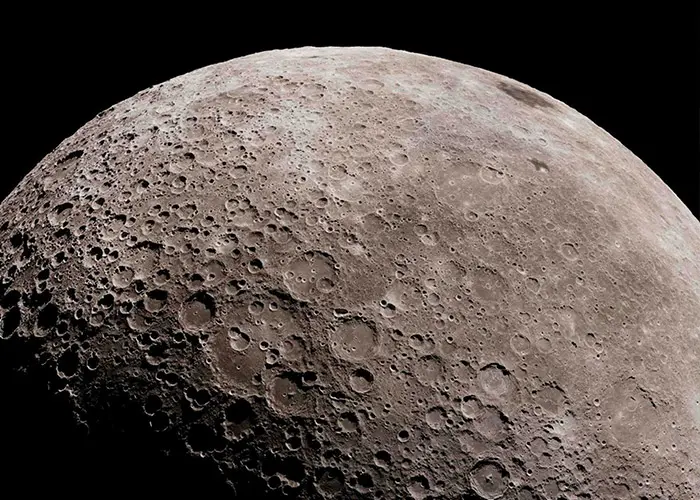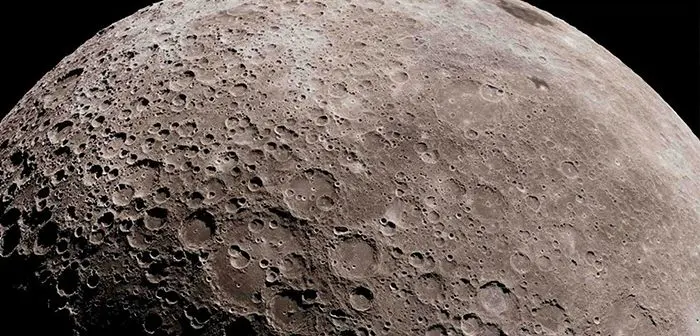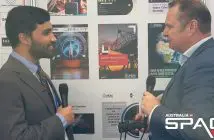
The UK Space Agency has named Australian business Interstellar Mapping a finalist in the Aqualunar Challenge, handing it GBP30,000 to develop its Static Water Extraction System (SWES) in pursuit of the top prize.
Interstellar Mapping is one of ten teams that have advanced to the finals of the Aqualunar Challenge. This contest funds the development of innovative technologies to purify ice frozen in the Moon’s soil to make human habitation on the lunar surface viable.
SWES is a water extraction system designed to extract water from lunar soil and remove contaminants to ensure purity for human consumption and fuel for spacecraft. Weighing less than 50 kilograms, the system can generate 1 kilogram of water every hour.
The SWES works in a two-stage distillation process where contaminates are removed and stored, and purified water remains. The system has no moving parts and, as a result, should operate for years with little to no maintenance and be highly cost-effective.
Interstellar Mapping is an Australian-based space exploration and resources company with operations in the UK and USA.
“Interstellar Mapping have been working on technology to support infrastructure and ensuring the safety of astronauts working and living on the Moon for several years now,” said Interstellar Co-founder and CEO Nick Barnett. “The Aqualunar Challenge allows us the ability to further test and develop our water extraction and purification system, SWES, in the hope it can be used to ensure the safety and provide essential services to astronauts in future Moon missions.”
Around the lunar south pole, it’s estimated that over 5% of the soil is water frozen as ice. For a permanently crewed base on the moon to be possible, astronauts will need a reliable water supply for drinking and growing food, as well as oxygen for air and hydrogen for fuel. If the lunar ice can be successfully extracted, separated from the soil, and purified, NASA’s goal of establishing a base by the end of the decade will be viable.
“The ambition to build a sustainable human presence on the Moon through the NASA-led Artemis Missions will only succeed if we have ways of generating a reliable supply of clean water,” said UK Space Agency CEO Paul Bate.
The GBP1.2 million Aqualunar Challenge is a UK-Canada international collaboration under the UK Space Agency’s International Bilateral Fund (IBF). It is being delivered by the UK Space Agency (UKSA) and Challenge Works (part of innovation foundation Nesta), in collaboration with the Canadian Space Agency and Impact Canada.
UK-led teams behind the ten most-promising ideas received seed funding of GBP30,000 each to develop their ideas in July 2024. In Spring 2025, three teams will be named winner and runners up, sharing in an additional GBP300,000 to take their solutions to the next level. Entries to the UK track are required to be UK-led. However the Aqualunar Challenge has actively encouraged international collaboration with teams.
Interstellar Mapping will develop the SWES between now and early 2025 before final judging. In addition to the just-announced funding, the team will also receive a comprehensive programme of non-financial expert support, mentoring, and events from Challenge Works and the UK Space Agency worth a similar value.





